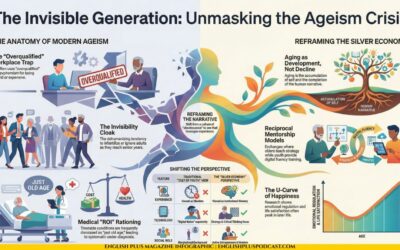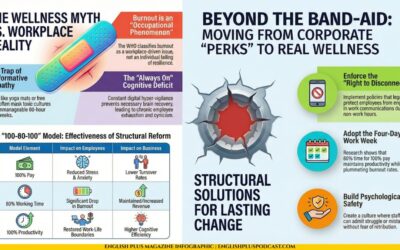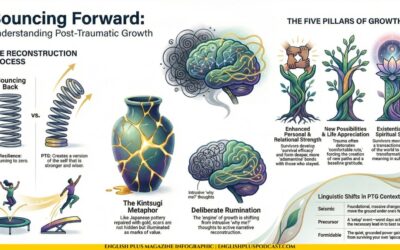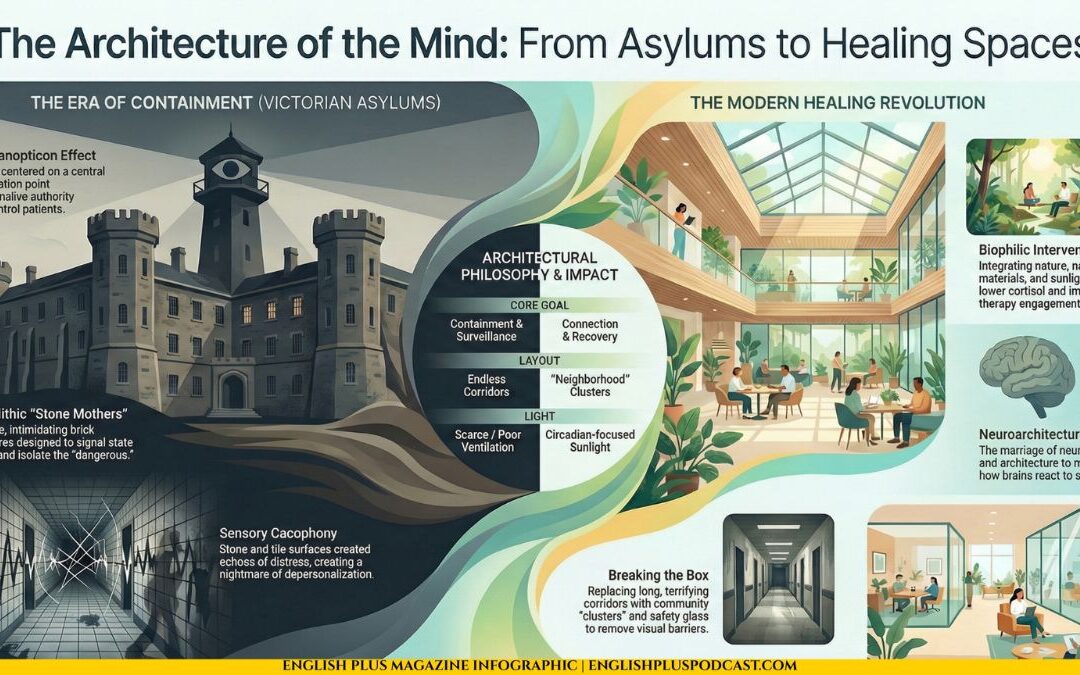Introduction
The COVID-19 pandemic has had far-reaching consequences on societies and individuals worldwide. Beginning in late 2019 and continuing for years, the pandemic forced countries to navigate an unprecedented public health crisis, adapt to changing social norms, and face economic challenges. This article delves into the various ways COVID-19 has impacted our lives, from public health and mental health to the economy, education, and the environment.
I. Public Health Impact
1. Global case numbers and fatalities:
COVID-19 has infected millions of people worldwide, with millions losing their lives to the virus. The pandemic has placed immense strain on healthcare systems and has led to a significant focus on improving public health infrastructure.
2. Healthcare system strain:
Hospitals and healthcare workers experienced unprecedented demand, with many facilities reaching capacity and struggling to provide adequate care. This led to a shift in resources, with elective surgeries postponed and other medical conditions deprioritized.
3. Vaccine development and distribution:
The rapid development of COVID-19 vaccines demonstrated the power of scientific collaboration. Multiple vaccines were developed and approved for emergency use, with distribution efforts prioritized for the most vulnerable populations. However, unequal access to vaccines across countries exposed the global divide between wealthy and developing nations, emphasizing the need for a more equitable distribution system in future pandemics.
4. Public health measures:
Governments implemented various public health measures to slow the spread of the virus, including social distancing, mask mandates, travel restrictions, and lockdowns. These measures played a critical role in controlling transmission, but also revealed the delicate balance between public health and personal freedom.
II. Mental Health and Social Impacts
1. Isolation and loneliness:
As a result of lockdowns and social distancing, many people experienced isolation and loneliness, contributing to a decline in mental health. The pandemic highlighted the importance of social connections and support networks.
2. Anxiety and stress:
Uncertainty about the future, fear of infection, and economic insecurity led to increased levels of anxiety and stress among the general population. Mental health resources were strained, with many seeking help for the first time.
3. Family dynamics:
The pandemic altered family dynamics, with many households experiencing increased stress from job loss, remote learning, and lack of childcare. Simultaneously, some families found opportunities to reconnect and grow closer.
III. Economic Impacts
1. Job loss and unemployment:
The pandemic led to widespread job loss and unemployment as businesses closed or reduced operations. Industries such as travel, hospitality, and entertainment were hit particularly hard, while others, like technology and e-commerce, experienced growth.
2. Government stimulus and support:
Governments worldwide implemented various stimulus packages and financial support measures to mitigate the economic impact of the pandemic. These included direct cash transfers, small business loans, and expanded unemployment benefits.
3. Economic inequality:
COVID-19 exacerbated existing economic inequalities, with lower-income and marginalized communities disproportionately affected by job loss, lack of access to healthcare, and limited resources to cope with the pandemic’s challenges.
IV. Education
1. Remote learning:
Educational institutions transitioned to remote learning, which presented numerous challenges for students, teachers, and parents. While some students thrived in the online environment, many struggled with limited access to technology, reduced social interaction, and the loss of structured learning environments.
2. Widening education gap:
The shift to remote learning highlighted the digital divide, as students without access to adequate technology or reliable internet connections were left behind. This led to concerns about the long-term impact on educational achievement and future opportunities for these students.
3. Higher education:
Higher education institutions faced financial challenges due to reduced enrollment and the shift to remote learning. Many universities had to adapt their curricula, find new revenue streams, and explore innovative teaching methods to survive.
V. Environmental Impacts
1. Temporary reduction in emissions:
As a result of lockdowns and reduced economic activity, there was a temporary decrease in greenhouse gas emissions and air pollution. This highlighted the potential for more sustainable practices and the importance of addressing climate change.
2. Increased waste and single-use plastics:
The pandemic led to an increase in waste, particularly from single-use plastics like disposable masks, gloves, and food packaging. This added strain to waste management systems and underscored the need for sustainable alternatives.
3. Wildlife and habitat impacts:
With decreased human activity during lockdowns, wildlife experienced both positive and negative impacts. Some species benefited from reduced human interference, while others, dependent on human-provided resources, faced new challenges.
VI. Societal Changes and the “New Normal”
1. Remote work:
The pandemic accelerated the adoption of remote work, with many companies opting for long-term or permanent remote work policies. This shift has the potential to reshape urban planning, real estate markets, and the way we approach work-life balance.
2. Digital transformation:
COVID-19 accelerated the adoption of digital technologies across various industries, including telemedicine, e-commerce, and remote learning. This transformation has the potential to improve accessibility, efficiency, and convenience in the long term.
3. Resilience and adaptability:
The pandemic has demonstrated the importance of resilience and adaptability in the face of global challenges. Societies and individuals were forced to adapt quickly to changing circumstances, leading to an increased focus on preparedness for future crises.
4. Social awareness and activism:
The pandemic highlighted various social issues, including racial and economic disparities, mental health, and the importance of public health infrastructure. This increased awareness has led to greater activism and engagement in addressing these issues.
5. Travel and leisure:
Travel and leisure industries have been significantly impacted by the pandemic, with many businesses adapting to new safety measures and reduced demand. As countries begin to reopen and travel resumes, the industry faces a period of recovery and potential reinvention to meet changing consumer preferences.
Conclusion
The COVID-19 pandemic has left an indelible mark on societies and our lives, touching nearly every aspect of human existence. As we move forward, it is essential to learn from this experience and work collectively to build a more resilient, equitable, and sustainable world. From public health and mental health to the economy, education, and the environment, the pandemic has challenged us to confront our vulnerabilities and adapt to an evolving global landscape.
Keywords
- COVID-19: COVID-19 is a respiratory illness caused by the SARS-CoV-2 virus, which first emerged in Wuhan, China, in late 2019 and has since become a global pandemic.
- Public health: Public health is the science and art of preventing disease, prolonging life, and promoting health through organized efforts of society.
- Mental health: Mental health refers to a person’s overall psychological well-being, encompassing emotional, cognitive, and behavioral aspects of their mental state.
- Economy: The economy refers to the system of production, distribution, and consumption of goods and services in a given society.
- Education: Education refers to the process of acquiring knowledge, skills, values, and attitudes through various forms of learning, such as formal schooling, informal education, and self-directed learning.
- Environment: The environment refers to the natural world, including the living and non-living components of the earth, such as air, water, land, plants, and animals.
- Lockdowns: Lockdowns are government-imposed restrictions on movement and social activity aimed at slowing the spread of a disease.
- Remote learning: Remote learning is a form of education that takes place outside the traditional classroom, often using digital technologies such as videoconferencing and online learning platforms.
- Digital transformation: Digital transformation refers to the adoption of digital technologies across various industries, such as telemedicine, e-commerce, and remote learning, with the goal of improving accessibility, efficiency, and convenience.
- Resilience: Resilience refers to the ability of individuals, organizations, and societies to adapt and recover from adversity or stress.
- Equity: Equity refers to the fair and just distribution of resources, opportunities, and benefits among individuals and groups.
- Sustainability: Sustainability refers to the ability of systems, such as economies and ecosystems, to endure over time without depleting or damaging their resources.
- Greenhouse gas emissions: Greenhouse gas emissions are gases that trap heat in the earth’s atmosphere and contribute to global warming and climate change, such as carbon dioxide, methane, and nitrous oxide.
- Digital divide: The digital divide refers to the gap between those who have access to digital technologies, such as the internet and computers, and those who do not, often due to socioeconomic or geographic factors.
- Social distancing: Social distancing is a public health measure aimed at reducing the spread of infectious diseases by maintaining physical distance between individuals.











0 Comments